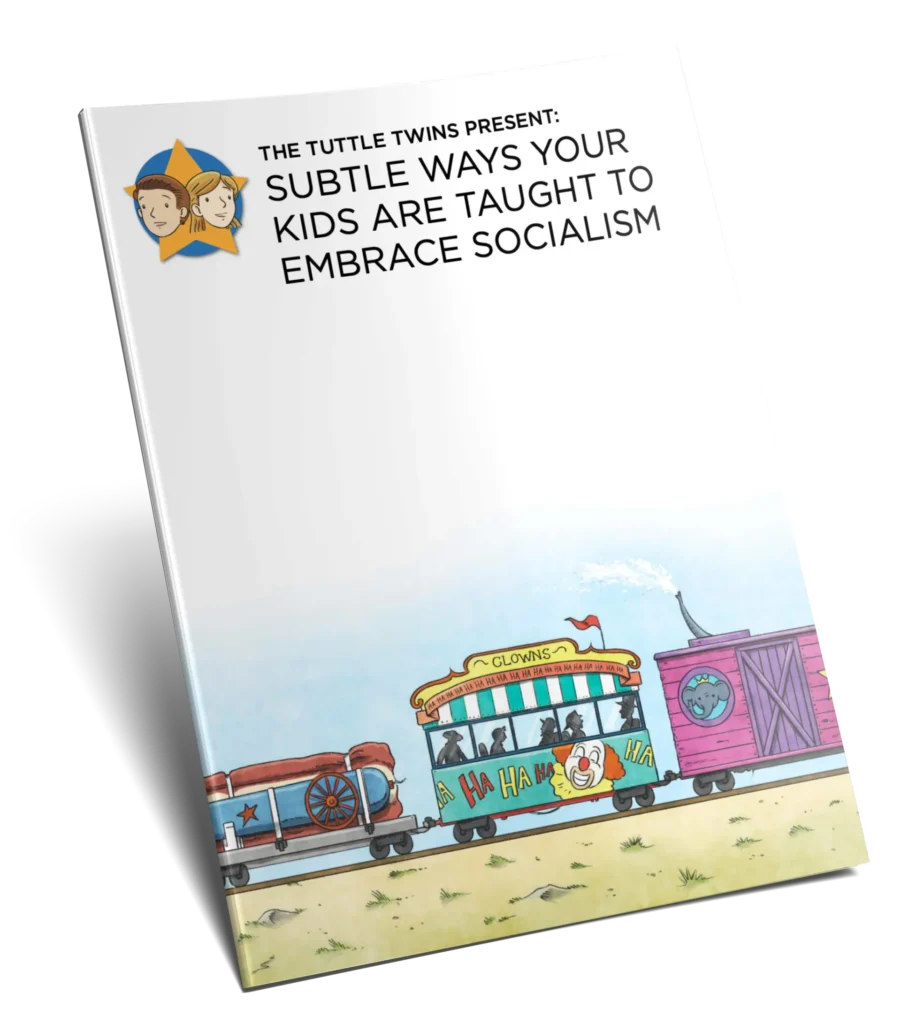We’ve all experienced this:
You ask a cashier how their day is going and then instantly regret it.
You’re just being polite in a drive-thru or at a gas station, and instead of a simple “Good, thanks,” you get something like, “Still have four hours to go,” or “I’ve been here since six.”
Suddenly you’re trapped in a moment of shared misery you really didn’t sign up for.
Look, I know work can be hard, and I know some jobs actually just suck (believe me, I’ve worked a lot of them!) I’m not expecting cartwheels behind the counter—but if you’ve agreed to show up and do the job, it’s just unprofessional (and awkward) to advertise how miserable you are while doing it.
That same energy made an appearance this weekend, only instead of a gas station, it was during a WNBA game.
Before tip-off, both teams came out wearing shirts that read, “Pay Us What You Owe Us.”
As if watching a WNBA game wasn’t already enough of a chore, now fans were expected to sit through a live grievance session from athletes who are, by all accounts, being paid exactly what they agreed to in their contracts.
Unless I’m mistaken, nobody tricked them into signing. Certainly nobody forced them to play. But there they were, demanding sympathy from a public that frankly has better things to do.
I mean, c’mon, it’s pretty difficult for most people who work for a living to muster up sympathy for professional athletes in general anyway.
The truth is, these players’ frustration isn’t rooted in injustice—it’s rooted in disappointment. They want to be worth more than the market says they are, and their feelings tell them they “deserve” more. But value doesn’t work that way.
It’s not something you can demand into existence. It’s something you create, and others voluntarily affirm.
If more people watched their games, filled the arenas, and bought the merch, then yes—they’d be paid more. But when demand is low, so is compensation.
And that’s not oppression. It’s economics.
We actually teach this lesson in The Tuttle Twins and the Messed Up Market, which is based on Henry Hazlitt’s Economics in One Lesson. In the book, Ethan and Emily start a little lending business, only to discover that when people misunderstand how markets work—or try to rig them in their favor—things quickly fall apart.
Just like in real life.
Unfortunately, far too many adults were never taught these ideas (looking at you, Ms. Clark).
That’s why we created the Tuttle Twins series to begin with—to give kids the foundation they’ll need to understand value, trade, personal responsibility, and more.
Right now, our Family Starter Pack includes Messed Up Market and 13 other beautifully illustrated books, plus our America’s History books and curriculum. It also comes with free PDFs of every activity workbook, audiobooks, lesson plans, and video content to help your kids learn these principles in fun, engaging ways.
It’s all bundled for just $219—a huge discount off the regular $641 value.
👉 Click here to get the Family Starter Pack
Because if we don’t teach our kids how value works, they might grow up demanding more than they produce—and blaming everyone else when the market says no.
How embarrassing.
— Connor



